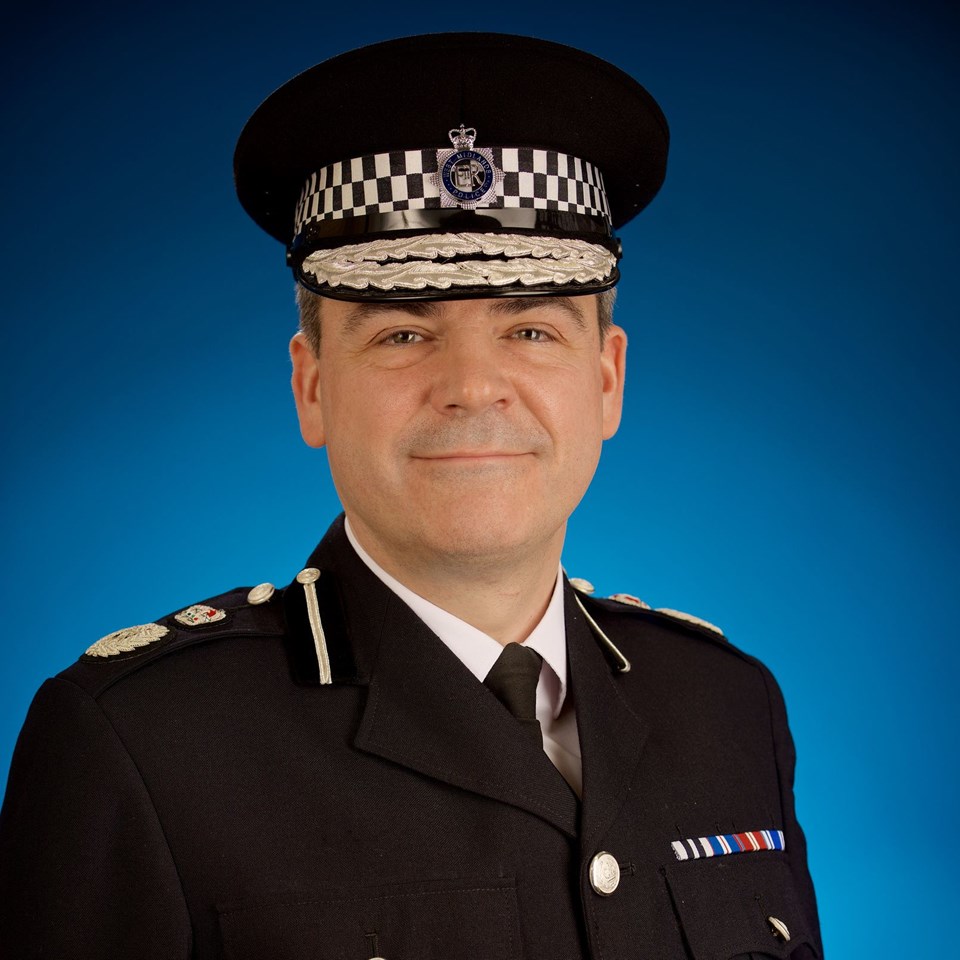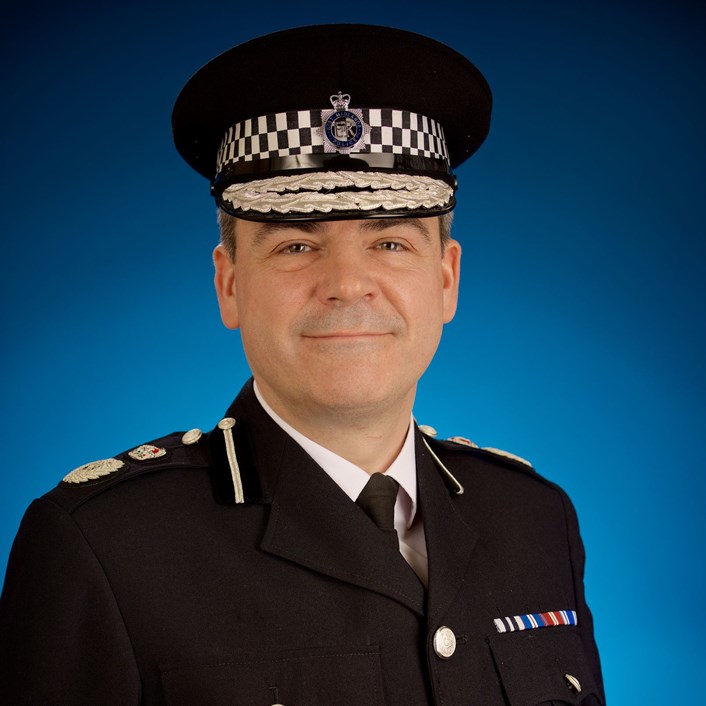
10 Oct 2018
Chief Constable Dave Thompson: Policing is at the tipping point – and we’ve got to move on from here
Budget cuts and a hands-off government approach to aspects of policing have meant hard choices for chief constables with consequences for the public and our people. The public’s experience is policing that is less visible, less responsive and less proactive.
Core aspects of policing - such as answering calls, attending emergencies, investigating crime, bringing offenders to justice and neighbourhood policing - are being pushed beyond sustainability, and are in danger of becoming ineffective to the detriment of confidence in the police.
Today the Public Accounts Committee will take evidence from a range of players in policing on the financial sustainability of police forces in England and Wales.
Why are we here? As the National Audit Office’s (NAO) recent report on police financial sustainability described, the Government has had a partial view of policing in the last few years. There’s been an active participation on terrorism, organised crime and protecting the most vulnerable that’s welcome. It has been a good partnership. The remaining, and overwhelmingly the biggest, areas of policing have been seen as matters for locally elected police and crime commissioners and chief constables.
This more local agenda has many positives in setting priorities but it has come with steep budget reductions and a widening mission. There has been a real term reduction of police budgets of 19 per cent since 2010, but ranging between 11- 25 per cent across forces.
Increases in the terror threat and organised crime, and growing numbers of crimes committed on the most vulnerable whether it’s domestic abuse, child sexual exploitation, honour-based violence, female genital mutilation or modern slavery mean more complex investigations and a major task in safeguarding. Almost every case has a digital footprint with subsequent investigations taking longer than ever before as officers trawl huge amounts of data.
Chiefs and commissioners have not only had to find substantial savings but redirect more resources into protecting the vulnerable. There’s been greater investment in tackling serious organised crime and terrorism with good results for our national security. All these areas of policing have improved.
But the gains we’ve made have come at a cost to perhaps the most important parts of policing for the public. Crime is rising and so is the demand on our service. The calls do not get answered as quickly as they did. Officers are not as fast at responding to emergencies and more crimes are dealt with on the phone. Fewer high volume crimes like thefts are investigated and as a result fewer offenders brought to justice. The visibility and proactivity of neighbourhood policing is much reduced.
Bluntly our ability to manage the big threats and protect the vulnerable yet still be the traditional police the public want and need is becoming ever harder. We are in danger of pursuing efficiency to the point of ineffectiveness – where we can process the work but we’re not detecting crime as we should be and not meeting public expectations.
There’s a personal cost to our officers and staff too. It knocks their resilience when their days get longer or their rest days are cancelled. Letting victims down or sharing their sense of dissatisfaction in the service they’ve received chips away at morale.
The NAO assesses the Government did not fully understand the actual impact of these cuts on police forces.
Policing is at the tipping point - and we need to move on from here. We need police and crime commissioners, chief constables and our Government to come together on a shared vision so we can grasp the opportunities technology brings and become more effective and productive.
We need to build our ability to meet the threats of tomorrow but we should not forget the very services people expect of the police. That is where they can now see and feel the stretch. Let’s not forget an accessible, responsive, visible and proactive police force on our streets not only keeps us safe but builds legitimacy and trust to manage the big threats we face. It needs investment and numbers matter.
Despite these concerns, I’m positive about policing and the future. Policing today is better in many ways than it was five, ten or twenty years ago. We’re more diverse, more accountable and more ethical. Our response to many crimes has been transformed for the better, and we keep seeking to adapt and improve. We know more change is to come. We also know with the right resources we can drive down crime and make a difference.
I am particularly optimistic that the Home Secretary and Policing Minister have listened to our concerns and the Home Office is working with us and PCCs to develop a joint evidence base for the next government spending review.
I hope we will see more money for policing as we make an evidence-based case for investment. However, it is equally important that this process results in a clear collective agreement on what policing should do in 2019, and the years beyond. Part of that equation may be jointly considering what we should not or cannot afford to do – because the public deserves to know.
National Police Chiefs’ Council Lead for Finance and Resources, Chief Constable Dave Thompson
Contact information
Communications office
By phone: 0800 538 5058
By email: press.office@npcc.police.uk

